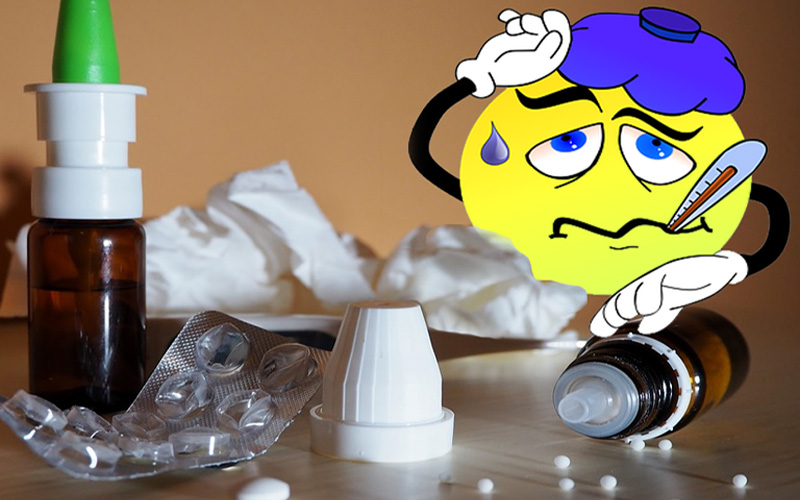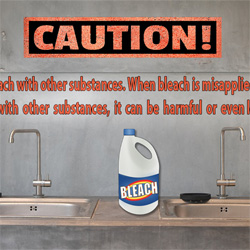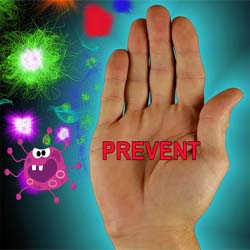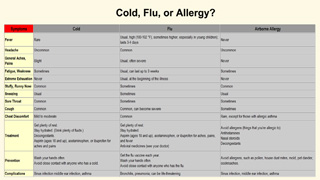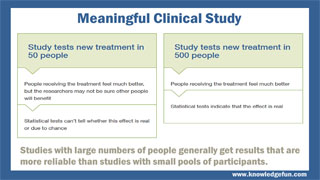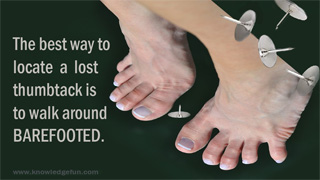We often unintentionally prolong colds and flu by giving germs the opportunity to linger. Below are some tips for getting rid of them for good.
The best way to avoid getting sick from infections is to wash your hands often with soap and warm water. Avoid rubbing your eyes or nose, the main entry for germs to get into your body. Also avoid direct contact with those who are sick.
If you do get cold or flu, follow these tips:
- Have plenty of rest;
- Stay in bed, especially if you have a fever;
- Change your towels and bedding each day when you are sick;
- Clean thermometers in rubbing alcohol before and after use;
- Don't drink alcohol;
- Drink plenty of fluids to help loosen mucus;
- Use disposable tissues, rather than cloth hankies, which are breeding grounds for germs;
- Wash your hands after you sneeze or blow your nose;
- Use throat lozenges to lubricate, stop coughs, and soothe irritated tissues of the throat;
- Chicken soup and warm tea with honey and lemon can help you to loosen nasal congestion and help to soothe a sore throat;
- Use facial steam baths to open up clogged nasal passages;
- Disinfect objects you use frequently like your phone, keyboards, water bottles and other items you use frequently;
- Avoid second-hand smoke or stop smoking;
- Soak in a curative bath, spiked with essential oils and herbal teas to stimulate your immune system.
Some over-the-counter medications that can help you feel better while your body fight off the virus:
- To relieve muscle aches or pain and reduce fever, use analgesics (like acetaminophen, ASA or ibuprofen).
- Use nasal decongestant sprays, but avoid prolonged use;
- Oral decongestants can be also used to shrink the nasal passages and reduce congestion;
- Use antitussives if you have a dry cough;
- Use expectorants to thin mucus so it can be coughed up more easily;
- Do not use cold medication for more than 7 days without consulting your doctor;
- If you have allergies, use antihistamines to block histamine, a substance that's released in response to allergies and cause a runny nose and sneezing.
WARNINGS:
- Before taking over-the-counter medications, read the package carefully, and only treat your symptoms.
- Do not give ASA or Aspirin to children or teens if they have the flu.
- Do not give cold or cough medicines to children under four without consulting your doctor.
- Many cold and cough medicines contain the same active ingredients. So be careful to avoid "drug overlap" when taking medicines that list 2 or more active ingredients on the label. For example, if you take 2 different drugs that contain acetaminophen (like one for a stuffy nose and the other for headache), you may be getting too much acetaminophen.
- Taking too much of certain pain relievers can lead to serious injury.
- Usually, a cough resulting from the cold or flu will go away on its own. However, if your cough persists for more than two weeks, see your doctor to rule out a more serious infection.
- Finally, antibiotics won't help a cold.



